Two friendly eyes greet me across the screen: Today I have an online interview with Leonie Zander. The midwife from Dresden spent almost six months at St. Walburg’s Hospital in Nyangao for Artemed Stiftung in early 2024.
Artemed Stiftung (AS): Hello Leonie. I am very pleased that you are taking the time today to tell me about yourself, your work and your time in Tanzania.
Leonie Zander (LZ): Yes, I'm pleased too. There's a lot to tell.
AS: Why don't you start from the beginning? Why did you become a midwife and how is it that you have now been on a foreign assignment?
LZ: Basically, this is the combination of two of my career aspirations; for a long time, I couldn't decide whether I would rather go into medicine or do something political, such as working in the Foreign Office. To find out, I applied for voluntary service in the south of Tanzania and actually ended up working there for a year. Before that, I also had to do a social internship in Germany. I ended up on the maternity ward and in the delivery room by chance via a few detours. This was the first time I was confronted with the midwifery profession and I was totally fascinated by it. In Tanzania, I then had contact with local midwives again. So at some point in Tanzania, I decided that I wanted to become a midwife. The midwifery profession is also ideal for working anywhere in the world or for further specialization in the field of development cooperation.
AS: That sounds like a crucial year in your life. What else did this stay abroad bring you?
LZ: Of course, I also learned a lot about the culture and life in Tanzania. Being in a country for a year means that you can immerse yourself in the traditions and way of life of the local people. Of course, I always actively tried to become part of the people there, for example by singing in the local choir - which is also where I met the inspiring Tanzanian midwives.
AS: So you were already well prepared for the conditions of your current assignment in Tanzania?
LZ: Yes, as well prepared as you can be. But what helped a lot: I learned Swahili during my year in Tanzania. The fact that I was now able to communicate in the native language of the local people at St. Walburg's Hospital made a lot of things easier.
AS: I can well imagine that. Although we - and most of the other volunteers - get by just fine with English.
LZ: Yes, English is certainly also possible. But especially if you want to talk to the mothers giving birth, for example, or to the staff who may not speak English, it is very helpful. You get in touch with people much more quickly and are also much better integrated. Official meetings are often started in English, but one or two key messages end up being discussed in Swahili. So if you want to be sure that you will be understood, it is better to use Swahili.
AS: How did you come across Artemed Stiftung in the first place?
LZ: I was just looking for an opportunity to go to Tanzania for about six months. The Artemed Stiftung offered itself to me and I was immediately accepted.
AS: What was your specific task on site?
LZ: Oh - it's not easy to summarize so quickly. I have given training courses on topics such as the amniotic sac, was involved in the outreach projects, collected data for Solveig Groß and was of course primarily active in the delivery room.
AS: Do you think it was an advantage that you were down for a longer period of time?
LZ: Definitely. I noticed how many of my colleagues only began to take my ideas and suggestions seriously over time. They were often understandably very skeptical at first, then they started to think about it and ask questions, and towards the end they adopted some of my working methods. For example, the fact that I didn't always cut the umbilical cord immediately. This allows the child to be better supplied with oxygen after birth, which is particularly important after stressful births. And vice versa, of course: being there for so long also taught me a lot more. As a midwife in Germany, I primarily deal with healthy mothers and children who give birth easily. Here, I was confronted with much greater complications on a daily basis, which initially frightened me a little. For example, I had never resuscitated so many children before. Of course, this also helps me enormously for my work in Germany.
AS: That sounds sensible. Is there anything else you might have noticed?
LZ: Yes, indeed. A very important realization for me was that many things that seem illogical at first have a purpose after all. For example, I asked myself why the different things you need for a birth with a suction cup are not all kept together in one package. The reason is so simple: they all have to be sterilized differently and then, logically, they are packaged individually.
AS: You've been back in Germany for a month now. What are your plans for the future?
LZ: I have enrolled on the Master's degree course in Global Health. It starts in October and I'm really looking forward to it. My last stay made me even more aware that I have an extremely privileged life and I really hope that I can give the world a bit of my good fortune by combining my expertise.
AS: That's an extremely honorable thought! Now one last word Leonie: What advice would you give to future helpers from Germany?
LZ: Praise, praise, praise! That's the secret weapon in the clinic there. The staff are used to a deficit-oriented pedagogy. They are as happy as snow kings about serious praise!
AS: Dear Leonie, thank you for your time and I wish you every success, happiness and joy for your future goals in life.






